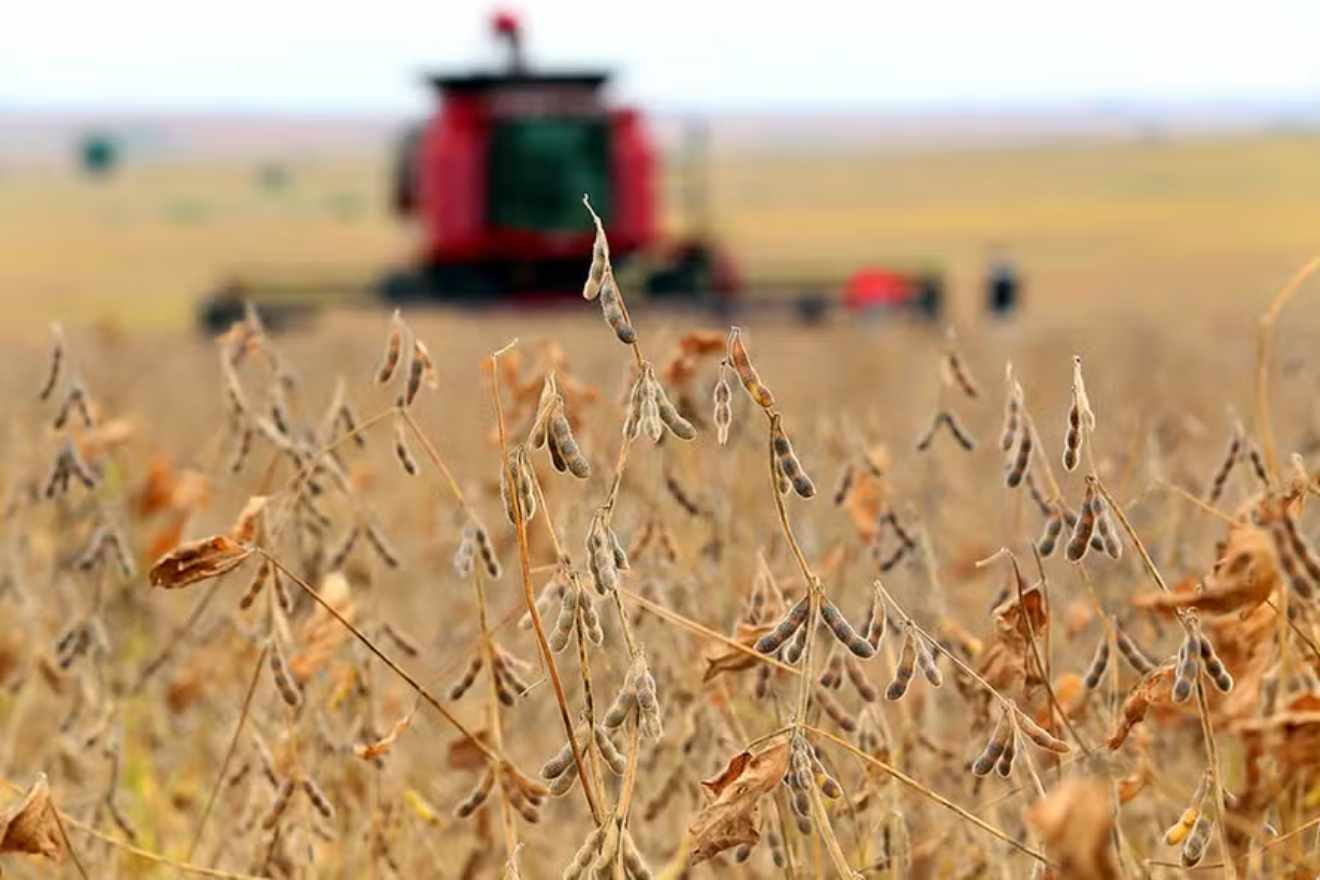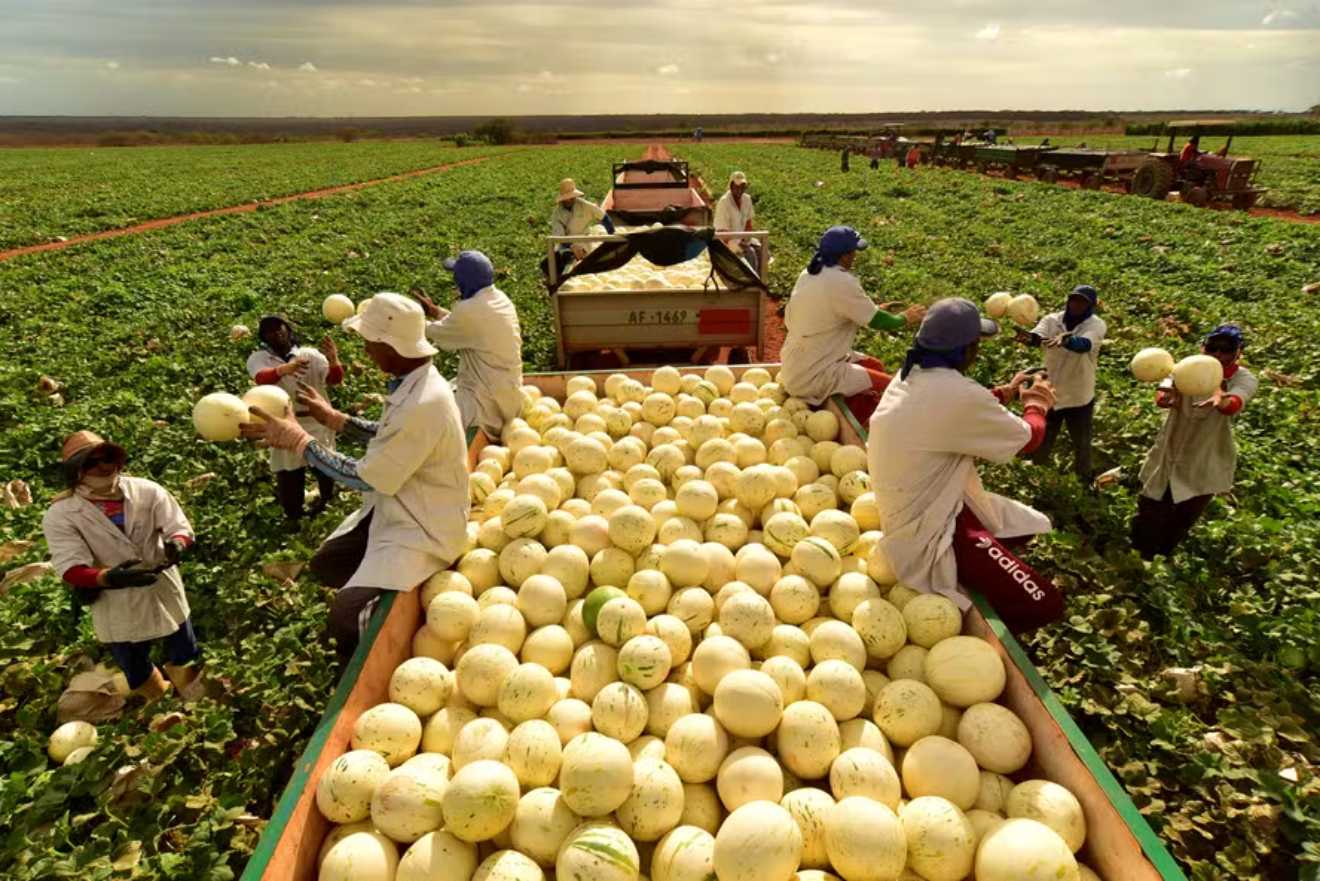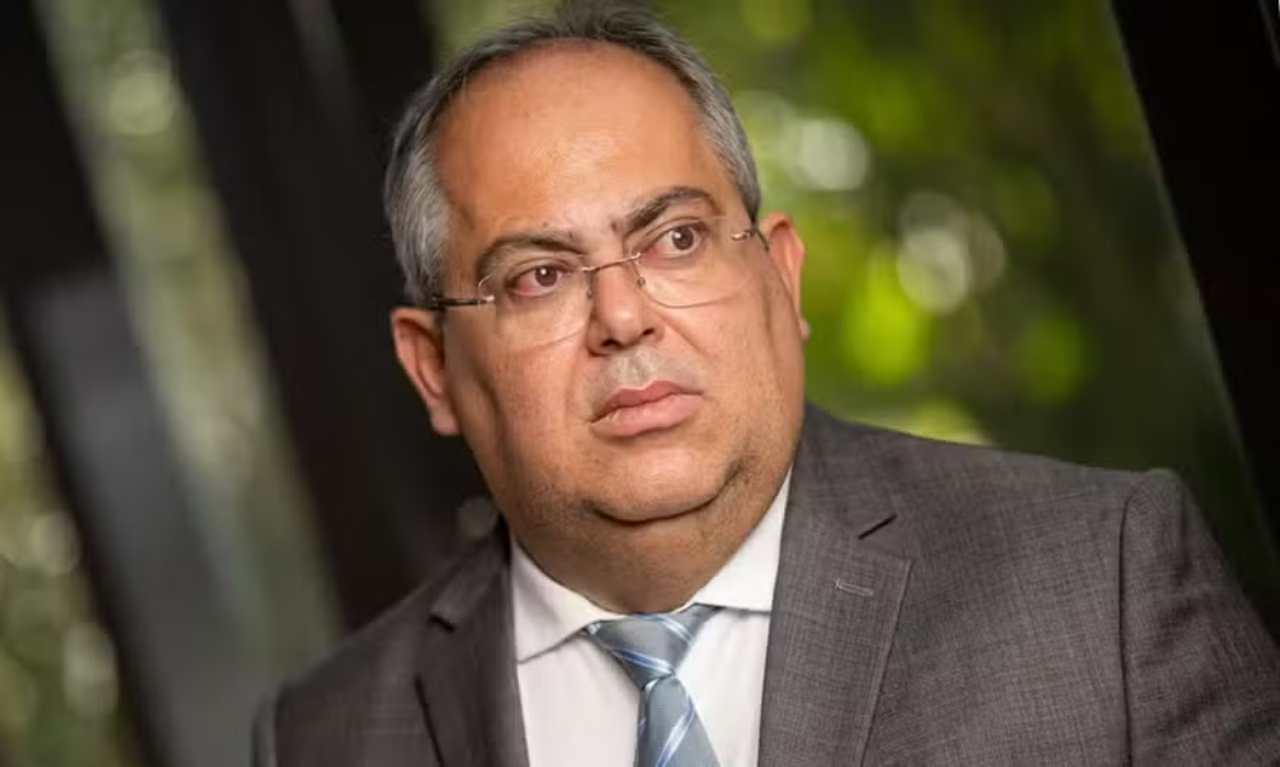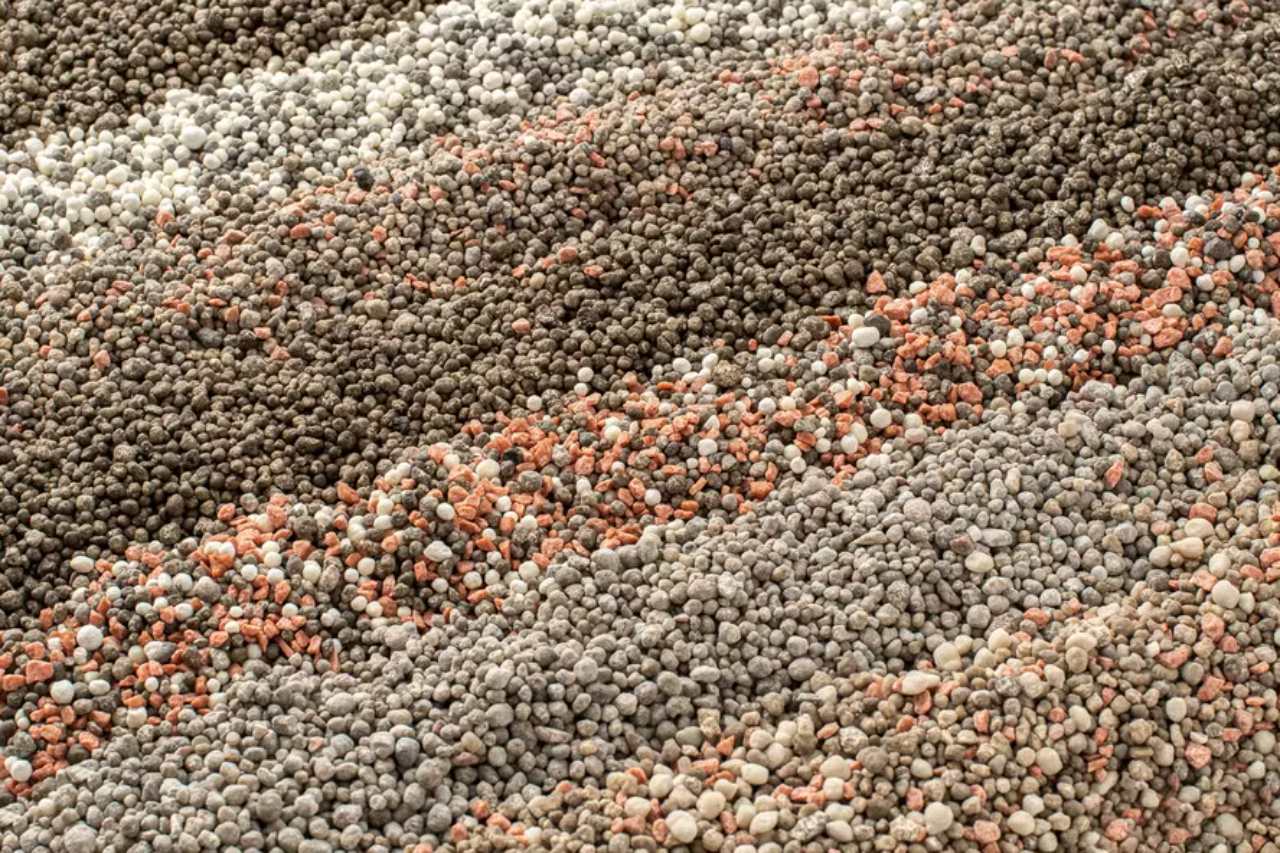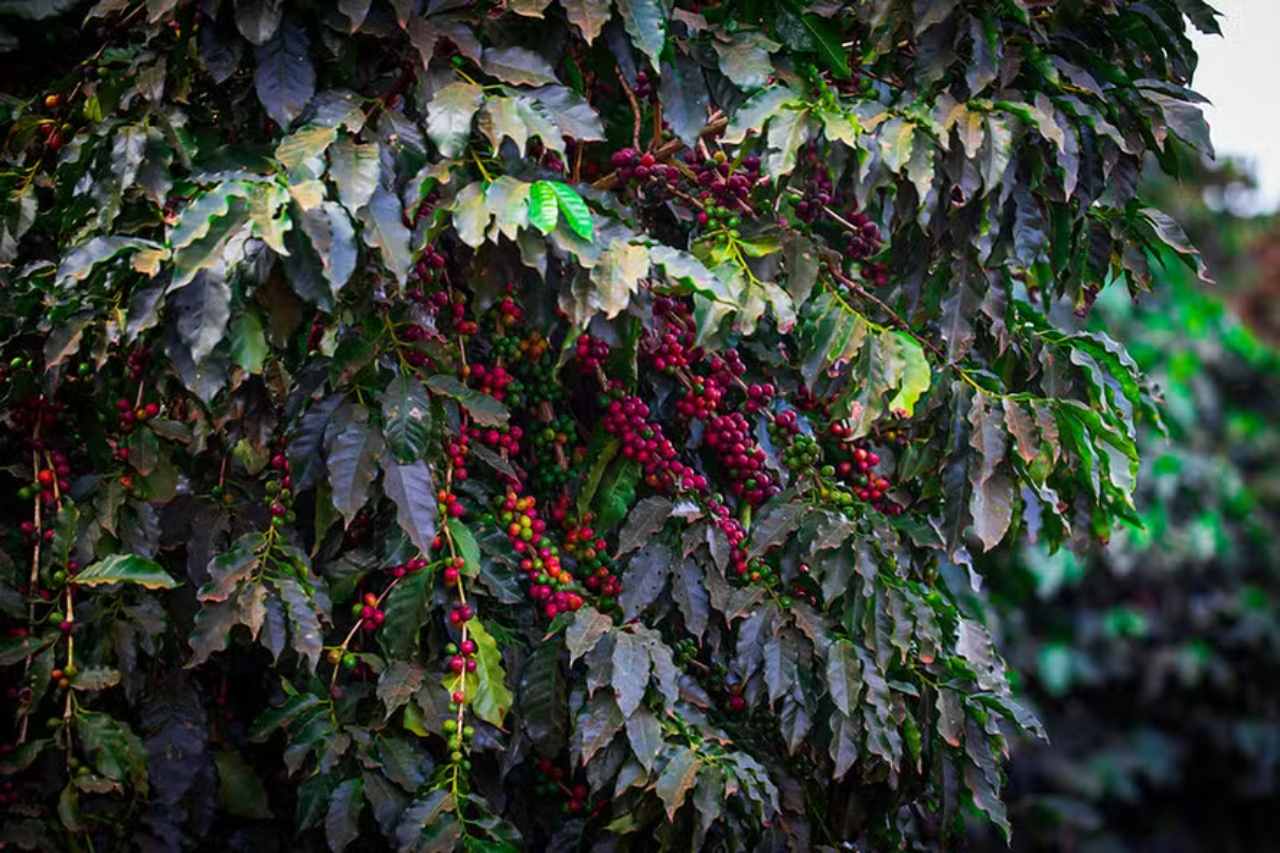The potential end of incentives for companies adhering to the Soy Moratorium in Mato Grosso is generating uncertainty, as the situation could change as early as 2025.
Legal Changes Threaten Fiscal Benefits
The issue gained urgency after the State Assembly of Mato Grosso approved a bill banning fiscal incentives for companies involved in national or international agreements restricting agricultural expansion in areas not explicitly protected by environmental law. If sanctioned by Governor Mauro Mendes, the law could force changes for companies benefiting from the Industrial and Commercial Development Program (Prodeic), which offers 50%-90% tax relief through ICMS credits.
These credits were expected to be phased out by 2032 under the Tax Reform, but the new legislation could end them as early as January 2025 for companies participating in the Soy Moratorium.
Options for Companies
According to André Nassar, CEO of the Brazilian Association of Vegetable Oil Industries (Abiove), companies will face difficult choices:
- Continue adhering to zero deforestation policies but exit the Soy Moratorium.
- Maintain the Moratorium commitment but lose fiscal benefits.
- Or discontinue the Moratorium entirely, risking environmental backlash.
“This is a complex issue for the sector. Even if companies leave the Moratorium, they’ll still need to meet deforestation-free standards, as international buyers will continue to demand Amazon soy without deforestation,” says Nassar.
Positive Environmental Impact of the Moratorium
The Soy Moratorium is a multi-stakeholder initiative involving businesses, NGOs, the government, and civil society. Since its implementation, production has increased without expanding deforestation, with soy exports from the Amazon biome growing 500%—from 3 million to 18.5 million tons per year. Abiove data shows:
- In 2006/07, soy occupied 1.41 million hectares in the Amazon biome; by 2022/23, this area had expanded to 7.43 million hectares.
- Only 250,000 hectares of this growth resulted from deforestation after 2008, preventing deforestation of nearly 5 million hectares.
- Today, 88% of Amazon-grown soy is exported, up from 70% at the start of the Moratorium.
Sérgio Mendes, General Director of the National Association of Cereal Exporters (Anec), warns that abandoning the Moratorium could severely damage Brazil’s international reputation: “Opposing 18 years of efforts would be a major risk, jeopardizing our role as a global food supplier, which is Brazil’s true vocation.”
Producers’ Perspective
However, some producers believe the new legislation will correct market imbalances caused by the Moratorium. Lucas Costa Beber, president of Aprosoja-MT, argues that the Moratorium unfairly overrides the Brazilian Forest Code, which allows up to 20% forest clearance in the Amazon.
“The new law ensures justice by protecting producers’ constitutional rights to use their land and engage in free enterprise,” Beber asserts. A Serasa Experian study estimates that 1,661 properties are fully restricted from soy production, while 2,596 face partial restrictions, affecting 2.7 million hectares. If these areas were converted for soy and corn, it could generate R$ 32.5 billion in revenue.
Aprosoja-MT also highlights the economic stagnation in towns such as Gaúcha do Norte and Itanhangá, which lie within the Amazon biome and are restricted by the Moratorium.
Awaiting Government Action
The government of Mato Grosso has declined to comment until the bill is sanctioned by Governor Mauro Mendes. Meanwhile, the Ministry of Agriculture reiterated that “companies engaged in deforestation should not receive fiscal incentives.” Minister Carlos Fávaro added: “Producers have the legitimate right to use the Forest Code to commercialize their products.”

